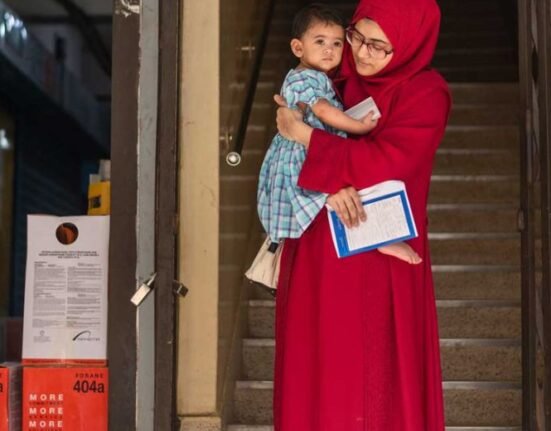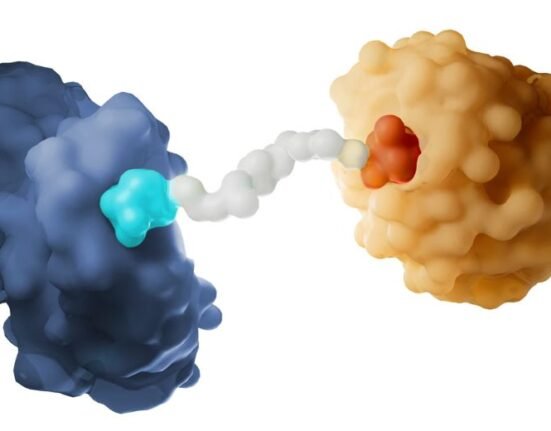HQ Team
October 1, 2024: AstraZeneca and Daiichi Sankyo got a priority review from the Food and Drug Administration for their Enhertu drug to treat a form of breast cancer in the US.
An FDA priority review of applications for medicines means that, if approved, it would offer significant improvements over available options by demonstrating safety or efficacy improvements, preventing serious conditions or enhancing patient compliance.
The FDA granted the review based on last-stage trials which “demonstrated a statistically significant and clinically meaningful progression-free survival benefit for Enhertu,” according to a joint statement.
If approved, Enhertu (trastuzumab deruxtecan) will be the first HER2-directed therapy and antibody drug conjugate for patients before receiving chemotherapy for metastatic breast cancer.
70% of all breast cancers
HER2 is a tyrosine kinase receptor growth-promoting protein expressed on the surface of many types of tumours, including breast cancer.
Patients with high levels of HER2 expression are classified as HER2-positive and treated with HER2-directed therapies, representing approximately 15-20% of all breast cancers.
Historically, tumours that were not classified as HER2-positive were classified as HER2-negative.
HR-positive and HER2-negative are the most common breast cancer subtypes, accounting for approximately 70% of all breast cancers.
Despite being classified as HER2-negative, many of these tumours still carry some level of HER2 expression.
Breakthrough Therapy Designation
It is estimated that up to 85-90% of tumours historically classified as HR-positive and HER2-negative may be HER2-low or HER2-ultralow.
Enhertu was recently granted Breakthrough Therapy Designation by the FDA. This accelerates the development and regulatory review of potential new medicines intended to treat a serious condition and address a significant unmet medical need.
The FDA action date for their regulatory decision is anticipated during the first quarter of 2025, according to the statement.
Susan Galbraith, Executive Vice President, Oncology R&D, AstraZeneca, said: “While endocrine therapies are widely used in the initial treatment of HR-positive metastatic breast cancer, most patients see limited benefit with additional lines of treatment, and subsequent chemotherapy is associated with poor response rates and outcomes.”
Endocrine therapies
The clinical trial data “show that Enhertu has the potential to evolve the current HR-positive treatment landscape and become the first targeted treatment for patients with HER2-low or HER2-ultralow expression following endocrine therapy,” she said.
Endocrine therapies are widely used in the early lines of treatment for HR-positive metastatic breast cancer.
However, after two lines of treatment, further efficacy from endocrine therapy is often limited. The current standard of care following endocrine therapy is chemotherapy.
In the trial, Enhertu cut the risk of disease progression or death by 37% by blinded independent central review against chemotherapy in the overall trial population.
Median progression-free survival was 13.2 months with Enhertu compared to 8.1 months with chemotherapy.
The antibody drug conjugate was discovered by Daiichi Sankyo and is being jointly developed and commercialised by AstraZeneca and Daiichi Sankyo.








